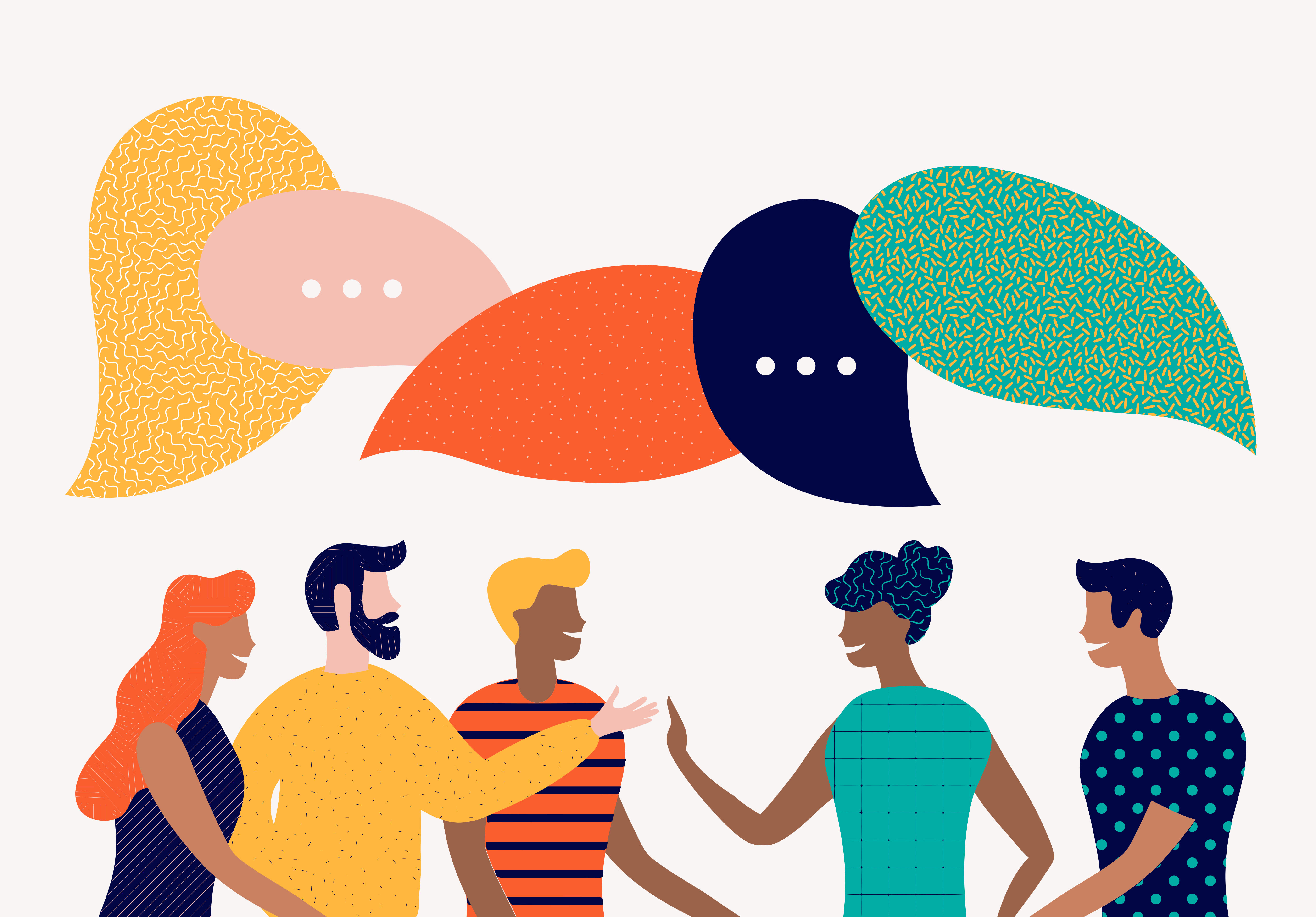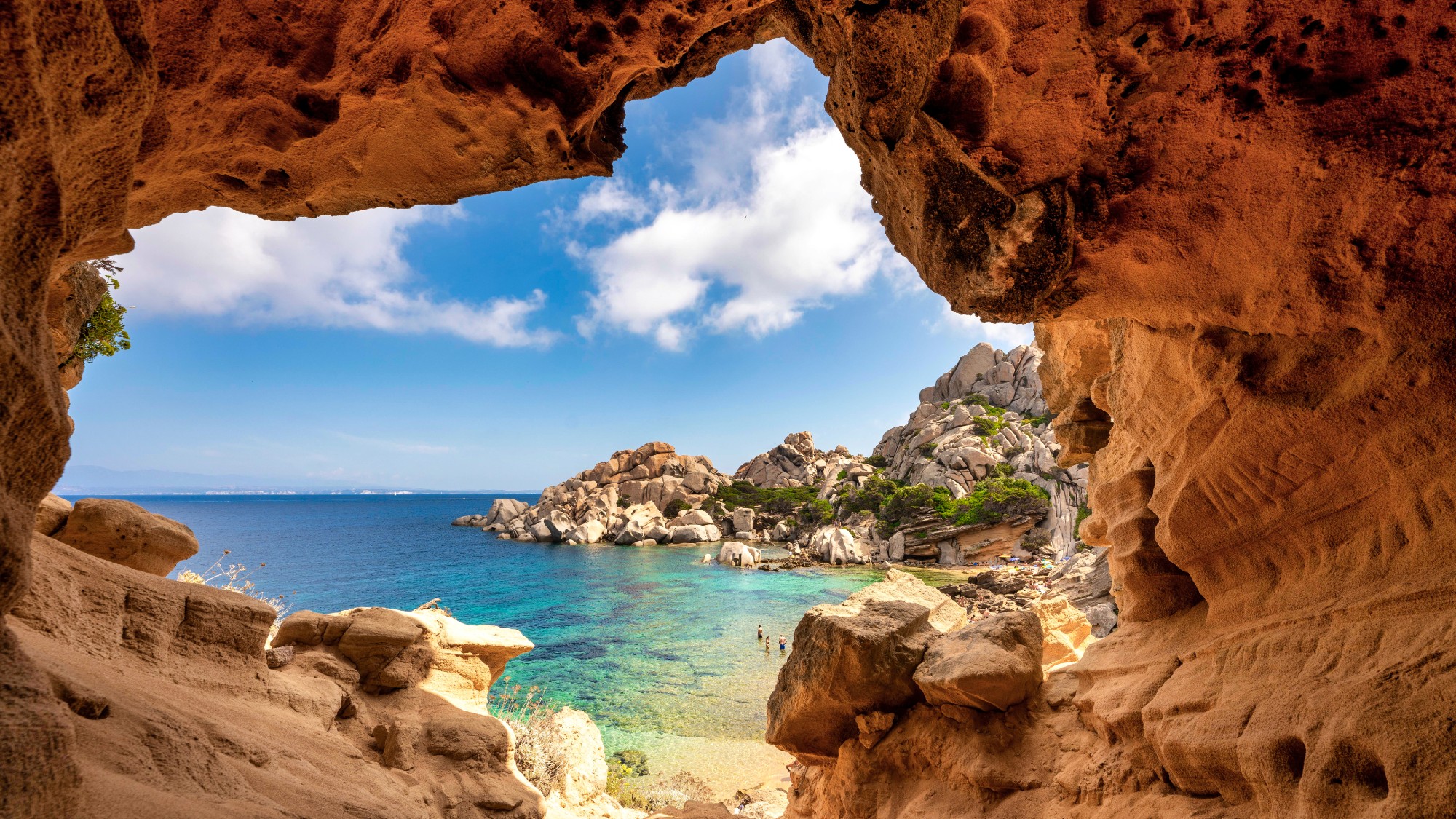Is the term 'AAPI' alienating or inclusive?
Asian Americans and Pacific Islanders have long been grouped under the same umbrella terminology


A free daily email with the biggest news stories of the day – and the best features from TheWeek.com
You are now subscribed
Your newsletter sign-up was successful
"Asian American and Pacific Islanders" (AAPI) is an umbrella term encompassing all those in the U.S. with heritage from "all of the Asian continent and the Pacific islands of Melanesia, Micronesia and Polynesia," according to the Library of Congress. In turn, the label applies to a large number of cultures and includes approximately 24 million Americans, per the 2020 U.S. Census.
The Asian American label originated in the 1960s on the campus of the University of California, Berkeley. It was a way of uniting against the Vietnam War and rejecting racial slurs that were being used at the time by the media and politicians. In 1978, Congress added "Pacific Islanders" to the term, and the two were grouped in the 1990 Census. The groups were separated in the 2000 Census, but the association remained in the political spectrum, as well as in the media.
While once a label of strength, the AAPI label is facing a similar debate to the "Black, Indigenous and people of color" label (BIPOC), which is "meant to be inclusive" but "bewilders and alienates millions of Americans," according to Nicholas Kristof in an opinion for The New York Times.
The Week
Escape your echo chamber. Get the facts behind the news, plus analysis from multiple perspectives.

Sign up for The Week's Free Newsletters
From our morning news briefing to a weekly Good News Newsletter, get the best of The Week delivered directly to your inbox.
From our morning news briefing to a weekly Good News Newsletter, get the best of The Week delivered directly to your inbox.
Is it time to move away from the AAPI label or are there still merits to keeping it?
'Viewing AAPIs as a monolith erases the needs of some communities'
Because the label is so wide, "viewing AAPIs as a monolith erases the needs of some communities and leaves them behind," wrote Harry Mok for the San Francisco Chronicle. Different groups under the umbrella face different struggles. For example, "Some South Asians and Southeast Asians have argued that Asian American is seen as synonymous with East Asian, therefore obscuring their own realities and experiences," CNN reported. In addition, "Native Hawaiians and Pacific Islanders similarly feel that their distinct histories and challenges are erased under the AAPI umbrella."
This is especially evident when considering the model minority myth, which is "a persistent stereotype that paints Asian Americans as inherently successful and problem-free, particularly in contrast to other minority groups," as defined by NBC News. There's harm in viewing all Asian Americans as successful since "income inequality is greater among Asian Americans than any other racial or ethnic group in the U.S.," according to Ellen McGirt for Fortune.
The disparity is even greater when it comes to Pacific Islanders. "Typically, Native Hawaiians and other Pacific Island identities are not invited to conversations and spaces dedicated to AAPI, even though they comprise literally half of the AAPI term," making them far less represented under the umbrella, wrote Alan Nguyen, a columnist for The Daily Barometer. Many Pacific Islanders fall under the Indigenous umbrella, which is underrepresented as it is. "It really upset me that we are grouped with other Asian communities because this was yet another Western European mindset that just allowed for more ignorance," Tihani Mitchell, a Native Hawaiian and Tahitian, told Nguyen.
A free daily email with the biggest news stories of the day – and the best features from TheWeek.com
Different AAPI groups also experience different types of discrimination. For example, COVID-19 sparked hate mostly directed at East Asians, while the Islamophobia following 9/11 largely impacted those from the Middle East and South Asia. Also, issues like colorism exist throughout the AAPI diaspora. Nguyen concluded that "a lot of people often discuss the topic through a binary lens without considering the intricacies and intersectionality of cultures and experiences."
'There's always power in numbers'
Despite the differences in culture within the AAPI umbrella, "there's always power in numbers," Estella Owoimaha-Church, of the organization Empowering Pacific Islander Communities (EPIC), told CNN. "There are so many examples in our histories of solidarity that can't be ignored or forgotten." CNN added, "Coalitions of Asian American and Pacific Islander groups continue to come together around shared political priorities." Even with different experiences, a united group can advocate for a number of causes.
In addition, "despite [our] tremendous diversity, there's a remarkable level of consensus around certain issues," Janelle Wong of the research group AAPI Data told Mok. "We see remarkable consensus on issues like universal health care, on the environment, on gun control." Having a group rally around causes gives them more of a voice in the political sphere.
In the same vein, even though some voices feel left out of the discussion, "these terms are embedded into institutional systems and structures, and they provide a means for Native Hawaiians and Pacific Islanders to access resources," CNN stated. Owoimaha-Church added, "With any social movement, people need to be bought in."
Karthick Ramakrishnan of AAPI Data told NBC News, "When you say 'AAPI,' is it one group, two groups or many groups? The answer is all three of those are true."
Devika Rao has worked as a staff writer at The Week since 2022, covering science, the environment, climate and business. She previously worked as a policy associate for a nonprofit organization advocating for environmental action from a business perspective.
-
 How the FCC’s ‘equal time’ rule works
How the FCC’s ‘equal time’ rule worksIn the Spotlight The law is at the heart of the Colbert-CBS conflict
-
 What is the endgame in the DHS shutdown?
What is the endgame in the DHS shutdown?Today’s Big Question Democrats want to rein in ICE’s immigration crackdown
-
 ‘Poor time management isn’t just an inconvenience’
‘Poor time management isn’t just an inconvenience’Instant Opinion Opinion, comment and editorials of the day
-
 The 8 best superhero movies of all time
The 8 best superhero movies of all timethe week recommends A genre that now dominates studio filmmaking once struggled to get anyone to take it seriously
-
 Josh D’Amaro: the theme park guru taking over Disney
Josh D’Amaro: the theme park guru taking over DisneyIn the Spotlight D’Amaro has worked for the Mouse House for 27 years
-
 The best fan fiction that went mainstream
The best fan fiction that went mainstreamThe Week Recommends Fan fiction websites are a treasure trove of future darlings of publishing
-
 Golden Globes affirm ‘One Battle,’ boost ‘Hamnet’
Golden Globes affirm ‘One Battle,’ boost ‘Hamnet’Speed Read Comedian Nikki Glaser hosted the ceremony
-
 ‘One Battle After Another’ wins Critics Choice honors
‘One Battle After Another’ wins Critics Choice honorsSpeed Read Paul Thomas Anderson’s latest film, which stars Leonardo DiCaprio, won best picture at the 31st Critics Choice Awards
-
 The best alcohol-free alternatives for Dry January
The best alcohol-free alternatives for Dry JanuaryThe Week Recommends Whether emerging from a boozy Christmas, or seeking a change in 2026, here are some of the best non-alcoholic beers, wines and spirits to enjoy
-
 8 incredible destinations to visit in 2026
8 incredible destinations to visit in 2026The Week Recommends Now is the time to explore Botswana, Mongolia and Sardinia
-
 13 Gen Z workplace terms and phrases
13 Gen Z workplace terms and phrasesin depth From ‘quiet firing’ to ‘resenteeism,’ there are clues about why employers and employees in America are having such a sad time
